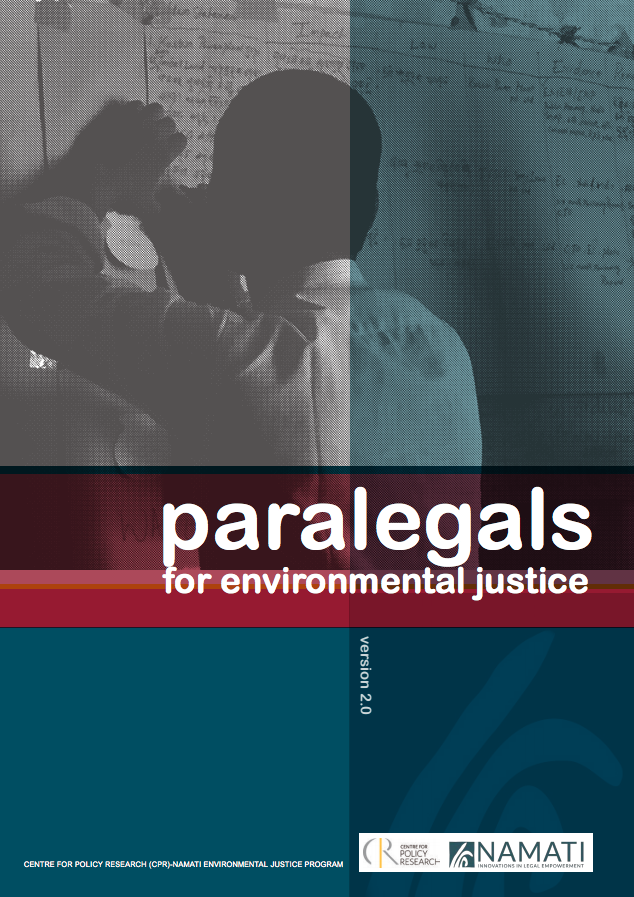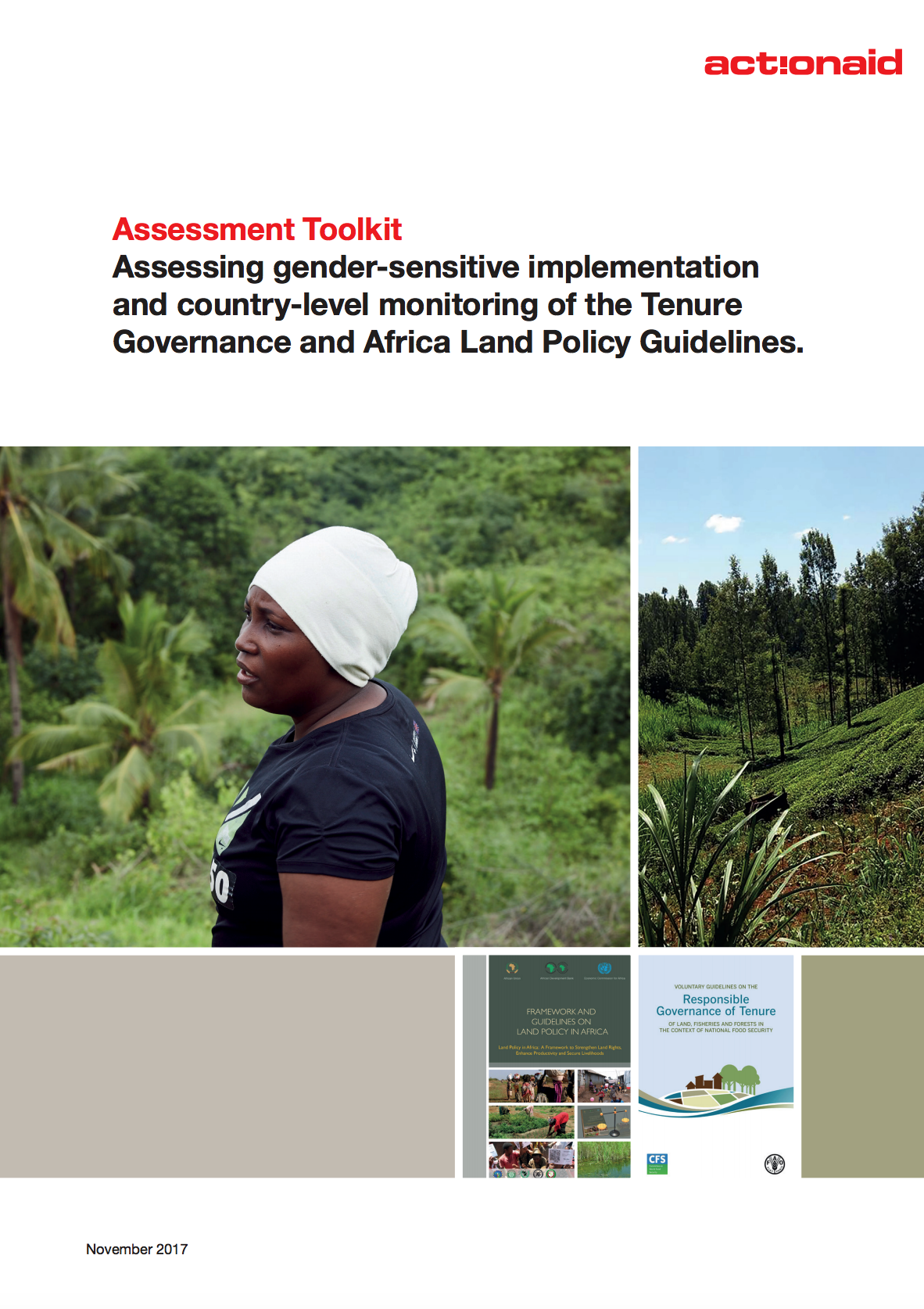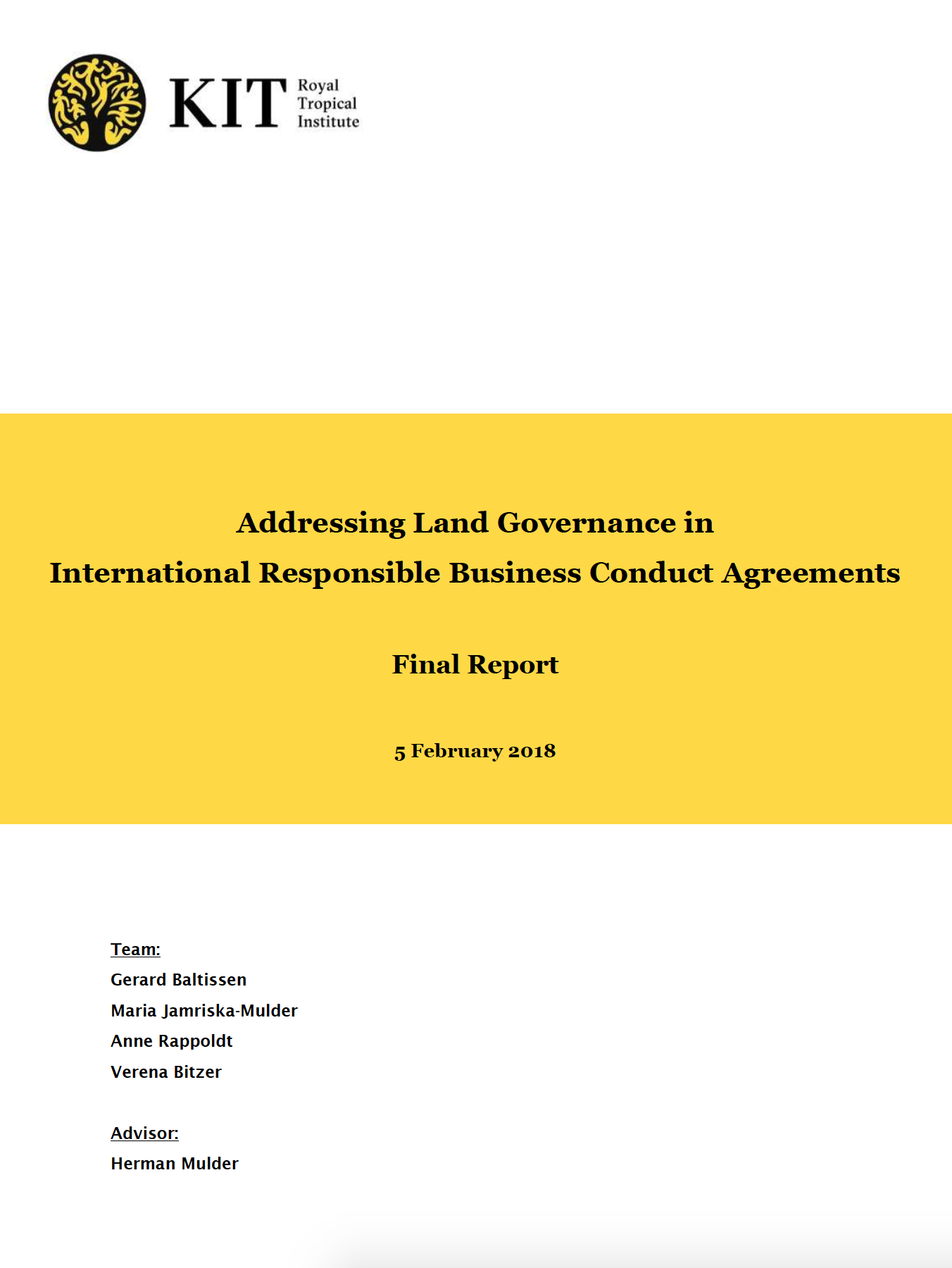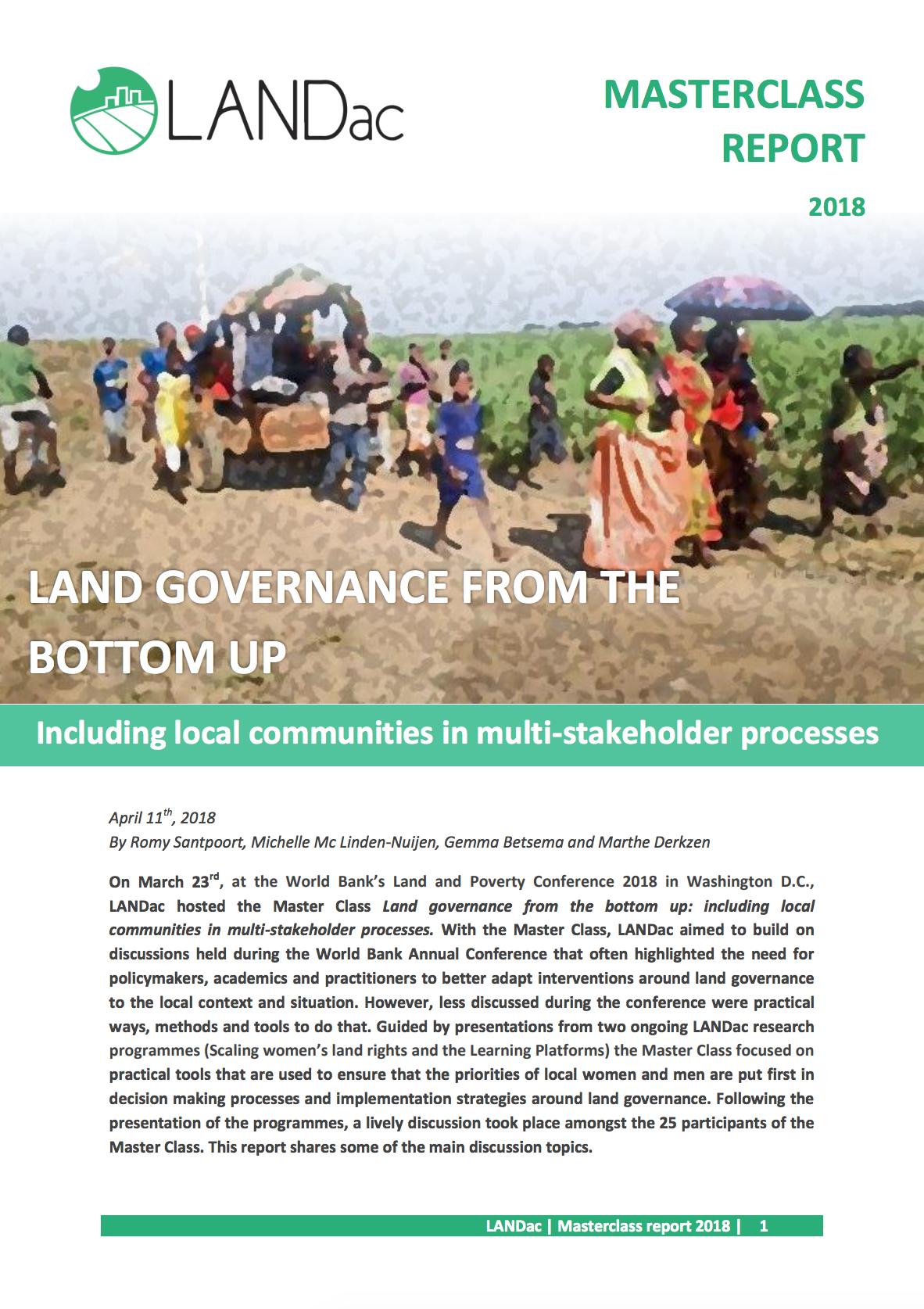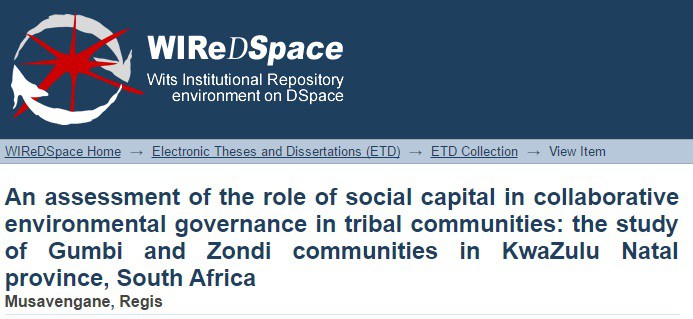Paralegals for Environmental Justice
A community paralegal, also known as a grassroots legal advocate or a barefoot lawyer, is a community resource person and mobiliser, trained in basic law and legal procedures and in skills like mediation, negotiation, education, and advocacy.

